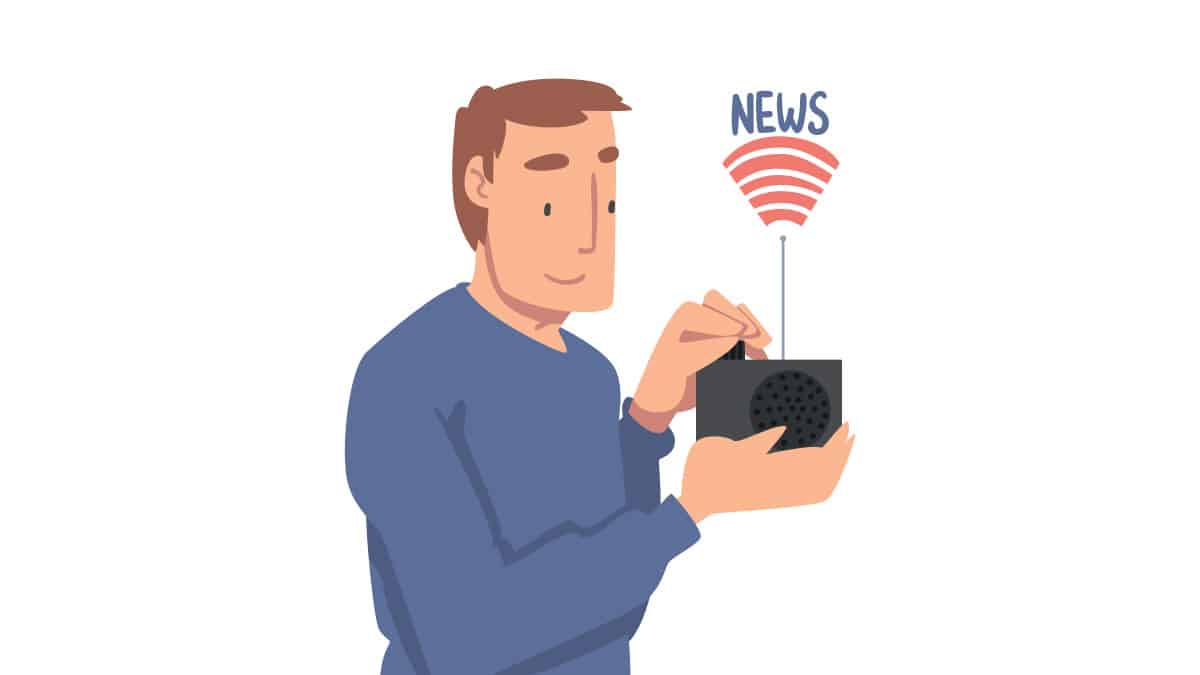LONDON/SYDNEY — I make no apology for one of my obsessions, namely the secure and reliable delivery of media content. Information, or rather, reliable information, combined with diverse opinions, is the lifeblood of democracy. And we all need to relax and be entertained in the company of people who understand our society, can comment on our way of life from the inside and connect us with the wider world. Traveling in Australia recently, I was warned by text of an extreme weather event that threatened livestock. Had I been a farmer, my instinct would have been to access the local radio station — surely that would have been the place to be fully informed and stay in touch with others in the locality.
That event reminded me of a presentation I made some years ago while working at the European Broadcasting Union, entitled “Who can we trust?” — clearly, my obsession dates back some time. I mention this again because the situation with Twitter over the past months has cast the issue of trust into sharp relief.
A “third party” platform, which official bodies have used extensively to make announcements and public discussion, has — through a change in ownership — taken some unexpected turns. These have been sufficient to make many members of the communities that relied on Twitter leave the platform, or at least create an alternative presence on Mastodon, a decentralized social network, as an insurance policy.
Ownership is ownership, and there is nothing that users can do. They might protest that the platform is not run in the manner which suits their interests. They might be forced overnight to pay for services that were previously free, but ultimately, there’s nothing users can do to change that. Taking this one stage further, Elon Musk might decide to concentrate on cars and simply shut down the platform. It’s certainly not making him a great deal of money!
Now imagine for a moment that instead of tweeting short phrases and pictures, Twitter could distribute live and on-demand radio programming. Imagine that the platform had invested so much in this area that it was genuinely attractive to use for audio, and many organizations came to rely on it. Consequently, 80% of its listeners used it regularly. Then we hear that the service will stop live streaming within the month. That’s not a problem I would enjoy facing in a management role. Could you imagine persuading a large section of the population to download a new app overnight?
Protecting radio’s integrity
That’s perhaps not entirely fantasy. Strange things happen in the business world, from which some of us — particularly in public media — are insulated. I recently spent time with an entrepreneur friend who, through a start-up, developed an extremely successful product used by major brands familiar to most of us. A major corporation bought out the start-up, not, as it turns out, with a view to developing it further, but to neutralize its success to allow its own alternative product to flourish. Seeking profit does not always involve acting in the public interest or sustaining the growth of seemingly innovative products. Let’s be careful.
Seeking profit does not always involve acting in the public interest or sustaining the growth of seemingly innovative products.
When the EBU sought to launch the dotRadio domain, it made the argument to ICANN — the Internet Corporation for Assigned Names and Numbers — that radio was too important to the fabric of society for its internet domain to be treated like other domains and be subject to commercial exploitation. ICANN agreed, so dotRadio is only available to organizations and individuals genuinely active in the area. If we’re going to be this careful with the dotRadio domain, then surely we need to be equally cautious about the transmissions themselves? Who are we relying on? What is their motivation? Are they committed to radio in the long term? Could they be subject to a takeover, hostile or otherwise?
Sitting here on the other side of the world from London, writing in a Sydney cafe, I haven’t forgotten my sister’s birthday is in a few days. I’m thinking of ordering her some cupcakes online. However, the most delicious cupcakes in the world are nothing without excellent delivery. If they are squashed, three weeks old or contaminated upon arrival, they won’t be a great present. For cupcakes, read radio — whom can we trust in the long term to deliver our carefully crafted product?
The author was head of Radio at the EBU until 2020, and before that managing editor of one of the BBC’s national stations. He currently advises media organizations, such as Radioplayer and the European Digital Radio Alliance. Read more of his work here.

